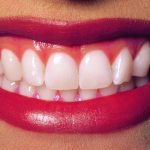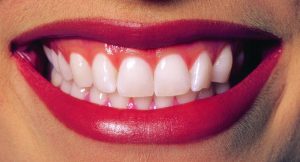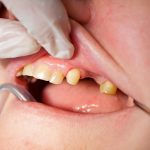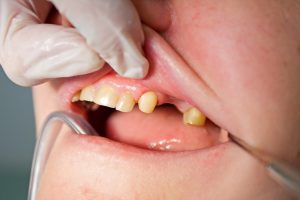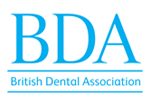The DDU’s Leo Briggs on new implant dentistry guidance…
National standards and best practice guidance on implant dentistry is due out later this year.The initiative by the Faculty of General Dental Practice UK (FGDP(UK)) is welcome because the DDU has seen a rise in the number of implant dentistry claims as the procedure has grown in popularity. Common reasons for claims to be settled include failed treatment, poor assessment and planning, poor fit and nerve damage.
As well as the frequency of claims, compensation in successful implant claims tends to be at the upper end of the scale. This is because of the significant ongoing cost of addressing failed implant treatment, including bone grafts in some cases, as well as the pain and suffering experienced by patients. In some cases settled by the DDU patients have received upwards of £200,000 in compensation.
Of course, implants can fail without negligence on the part of the dental professional – for example, osseointegration may not take place. However, it is important for dental professionals carrying out implant work to:
• properly risk-assess the patient to ensure their suitability for implants
• formulate a comprehensive written treatment plan, and
• obtain valid consent, including warning the patient of potential complications such as nerve damage, post-operative pain, and failure to integrate.
As with any type of treatment, you can reduce the likelihood of a successful negligence claim by following available national guidance. This will include the FGDP’s Standards in Implant Dentistry when it is published in the second half of 2018, as well as existing guidance from the Association of Dental Implantology (ADI)1.
You can take immediate steps to manage the risks associated with implant dentistry by considering this DDU advice:
• Ensure implant training courses you attend have formal, structured educational aims and objectives, assessment and certification and meets the FGDP’s current Training Standards in Implant Dentistry2 which is endorsed by the GDC. Keep a log of all your training to ensure you are up to date.
• Obtain and record a detailed patient history and be alert to the complicating factors for implant treatment, such as untreated periodontal disease, immunosuppression and smoking.
• Base your treatment plan on a thorough evaluation of the patient. The ADI’s implantology guidance includes a section on case selection and treatment planning.
• Explain the benefits, risks and alternatives (including no treatment) to patients as part of the consent process and record the discussion in the notes. Be careful not to raise unrealistic expectations of what can be achieved and give patients a cooling-off period to consider their decision.
• Provide a written fee estimate and be sure to warn patients of the cost implications if circumstances change.
• Always use materials and systems which are supported by robust research. Don’t be swayed by marketing claims for new implant systems unless they have the research to back them up.
• Explain to patients how to care for their new implant and stress the importance of rigorous oral hygiene and regular dental check-ups.
• Ensure patients are carefully monitored for symptoms and signs, such as bone loss or inflammation at the implant site.
• Consider a log of implant patients at your practice to ensure appropriate recall intervals are maintained and that enough time is allocated for appointments.
• Offer referral to an appropriate specialist in complex cases if you lack the necessary experience or technical competence.
• If you refer a patient, provide all relevant clinical information, including copies of radiographs, in line with GDC guidance. Ensure colleagues have the information they need, understand what is expected of them, and can easily raise any queries. Responsibility for the patient’s long-term care and the maintenance of implants should be agreed in advance.
References
1 A Dentist’s Guide to Implantology, Association of Dental Implantology, 2012
http://www.adi.org.uk/profession/dentist_guide/a-dentists-guide-to-implantology.pdf
2 Training standards in implant dentistry 2016, FGDP, November 2016
https://www.fgdp.org.uk/sites/fgdp.org.uk/files/docs/in-practice/fgdp%20implant%20training%20standards%202016.pdf/






